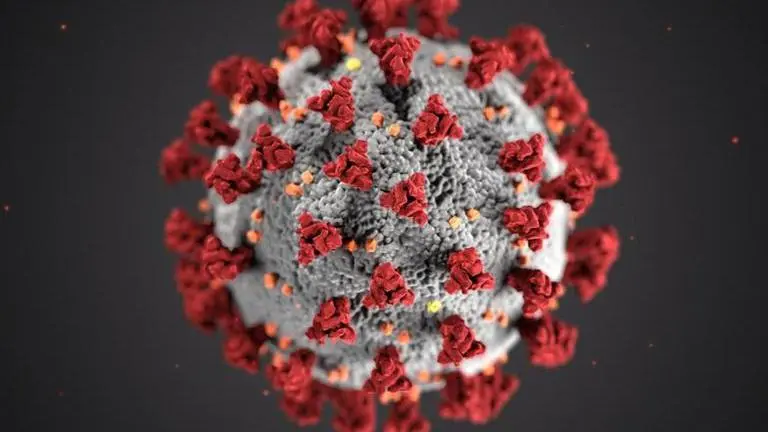Updated 24 September 2020 at 13:03 IST
Study: Coronavirus may have mutated, potentially evolving
A study involving Houston researchers, released on September 23, examined over 5,000 genetic sequences of coronavirus. Most viruses accumulate genetic mutations
- World News
- 3 min read

A new study involving Houston researchers, released on September 23, examined over 5,000 genetic sequences of coronavirus. It was then revealed that the virus’s continuous build up of mutations have made it more contagious. However, it was not concluded if these mutations made the virus deadlier or changed any clinical outcomes. Scientists suggest that most viruses accumulate genetic mutations and most of them are insignificant.
Coronavirus potentially evolving
Study author James Musser of Houston Methodist Hospital said that due to a proofreading mechanism, SARS-CoV-2 are relatively stable. Musser added, “But every mutation is a roll of the dice, and with the transmission so widespread in the US -- which continues to see tens of thousands of new, confirmed infections daily -- the virus has had abundant opportunities to change, potentially with troublesome consequences. We have given this virus a lot of chances. There is a huge population size out there right now”. The study which was published on the preprint server MedRxiv also involves scientists from Weill Cornell Medicine, the University of Chicago, Argonne National Laboratory and the University of Texas at Austin.
According to David Morens, a virologist at the National Institute of Allergy and Infectious Diseases, the findings of the study, pointed out that the virus, which moved through the population, became more transmissible, and this "may have implications for our ability to control it". He added that this is a single study, and “you don’t want to over-interpret what this means”. Talking about the implications, Morens said, “Wearing masks, washing our hands, all those things are barriers to transmissibility, or contagion, but as the virus becomes more contagious it statistically is better at getting around those barriers”.
Advertisement
Morens also elaborated on the role of immunity as when people gain immunity, the virus comes under pressure to avoid the human immune response. Morens said, “Although we do not know yet, it is well within the realm of possibility that this coronavirus, when our population-level immunity gets high enough, this coronavirus will find a way to get around our immunity. If that happened, we would be in the same situation as with the flu. We will have to chase the virus and as it mutates, we will have to tinker with our vaccine”. Jeremy Luban, another scientist who had studied the coronavirus, said that “the Houston paper highlights the fact that, with respect to SARS-CoV-2, we need to remain vigilant, and increase our capacity to monitor the virus for mutations”.
Advertisement
The study suggests that the virus spread in two waves across neighbourhoods in Houston. First, firstly affecting wealthier and older individuals and then spreading to younger people and lower income areas. Approximately 71 per cent of the viruses which arrived initially were characterised by a famous mutation. This mutation appears to have first originated in China. However, by the second wave, the variant leaped to 99.9 per cent prevalence.
(Image Credits: Unsplash)
Published By : Akanksha Arora
Published On: 24 September 2020 at 13:04 IST
